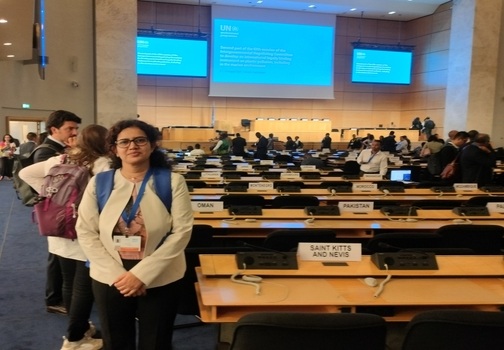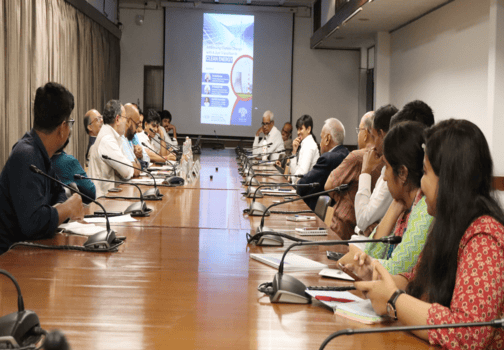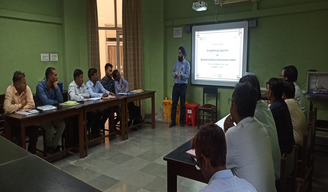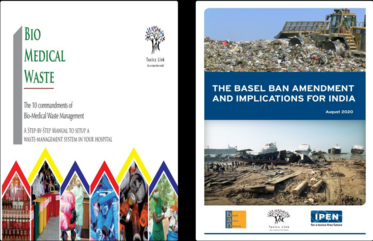Factsheet on Basel Ban amendment and its implications for India

Title: Factsheet on Basel Ban amendment and its implications for India
Publication Type: Factsheets
Year of Publication: 2020
Abstract:India was one of the first countries of the global south in the early 1990s to call for a ban on exports to developing countries. India notified the hazardous waste rules in 1989 before the Basel Convention came into force in 1992, and became a party to the Basel Convention in 1992. Subsequently,India made amendments to their regulations in 2000 and in 2003 in order to properly align national law with the Convention.A revised version of the Hazardous Waste Rules was promulgated in 2008.The rules were revised again in 2016. They are now called “The Hazardous and Other Wastes (Management and Transboundary Movement) Rules, 2016”.Recently, in March 2019, the country passed a complete prohibition on the import of solid plastic waste into the country including the Special Economic Zones (SEZ) and by Export Oriented Units (EOU). The plastic ban is an important step that the Indian Government has taken to protect its environment. However, India does not have a national ban on the import of hazardous wastes; and, they have still not ratified the Basel Ban Amendment, which will be critical in the context of global waste trade.







